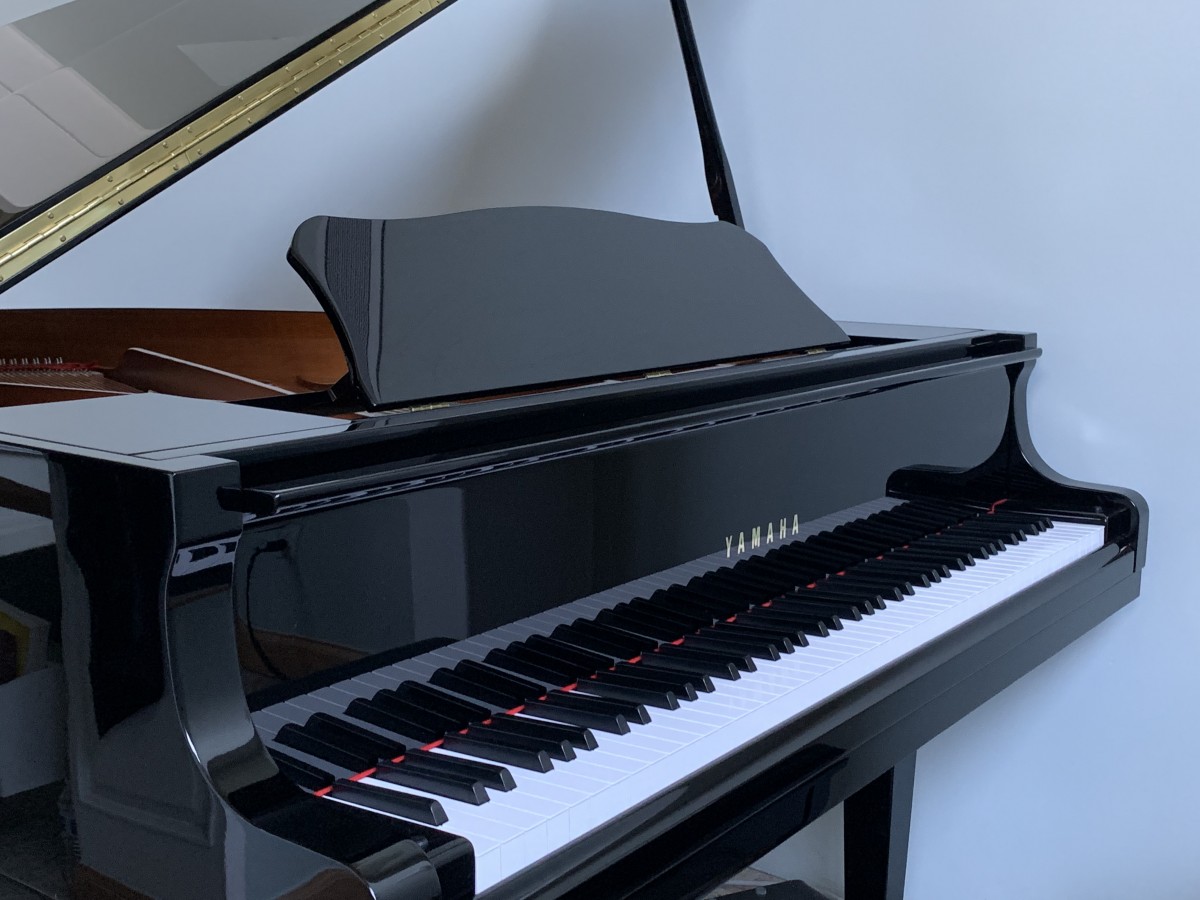With COVID-19 cases significantly rising each day, schools across the world are faced with the challenge of providing quality education, while still adhering to safety guidelines. Arguably, one of the most affected educational departments during these difficult times is music, due to aerosol droplets that can spread during performances.
Band, orchestra and choir classes across multiple high schools went through notable changes in order to decrease the chances of contracting the coronavirus.
Band
“Precautions include, but are not limited to, spacing 6 feet apart indoors, use of masks, use of instrument covers and eliminating the sharing of instruments,” NHS Director of Bands Brian Grieb said.
Band classes are following the guidelines put in place by the National Federation of State High School Associations (NFHSS), as well as the CCPS Moving Forward plan.
Challenges with masks
Some students have expressed concerns relating to the mandatory usage of masks, as it can easily affect musical performance. The split student population attending online and in-person school is also causing some imbalances among music classes.
“I think the biggest challenges facing orchestra class during this pandemic are the fact that some of the players, who happen to be more experienced, are online, and that there aren’t as many people in the orchestra as there were last year,” sophomore and Orchestra 2 student Judy Zhao said. “It’s also kind of annoying to wear masks for some of the instruments.”
Similar difficulties associated with the mask and social distancing guidelines are being experienced by other high schools as well, due to the fact that the use of masks has significantly altered the quality of choir performances.
Choir
“Students have to sing with masks, so resonance and breath support is impacted,” Barron Collier High School Choir Director Todd Peterson said. “The decrease in resonance, therefore volume, due to the mask makes it harder to balance parts, and thicker masks absorb more sound. It also tends to dry out the mouth and vocal cords because we are breathing more through our mouth along with the air being dryer inside the mask.”
The organization of music classes has greatly changed, which pushed students and staff alike to adapt to this new normal.
“Structure changed how I warm up and mixed levels in each class,” Peterson said. “Students are spaced farther apart so new singers do not have the benefit of having a stronger or more experienced singer close to them.”
Scheduling issues and virtual music students
The COVID-19 pandemic has also affected class scheduling, which has made it harder for students to attend their necessary courses.
“Classes were more difficult to schedule students in the right performing groups, so 1st-year singers are mixed throughout the courses,” Peterson said. “Similar to putting a student who hasn’t had Algebra 1 in an Algebra 2 class.”
Virtual orchestra students have access to optional Webex calls, as well as daily call recordings that are posted on Canvas. They also have the option of going to campus to participate in-person.
“We are allowed to go into school for that one period, which I, along with 2 other people do,” Zhao said. “We go into school and play, even though attendance is not mandatory and we do not have to go in, as we are virtual students.”
Alternatives to in-person performances
To protect student safety, music classes have opted towards virtual concerts, instead of live performances.
“Because of COVID, we are doing our fall concert live on Facebook, so our audience is virtual, and although it technically is live there is no in-person audience,” Zhao said.
Despite all the frustration that many people may feel during these changes, many students feel as though music classes are still able to function properly.
Moving forward
“I feel like the music teachers are trying their best to keep everyone safe, although it is really hard, as we have to be near each other for concerts and we need to physically help each other when demonstrating how to play or correcting posture,” Zhao said. “Other than that, we are spaced out during class, so I don’t think that it is too bad.”
Teachers have worked countless hours to ensure a safe and engaging learning environment for their students, and many believe that they are going in the right direction.
“I believe the biggest challenge facing any program is moving forward with guidelines in place while still maintaining quality music education,” Grieb said. “We have accomplished that here at Naples High School, and we are incredibly excited to be moving forward with our band program.”






